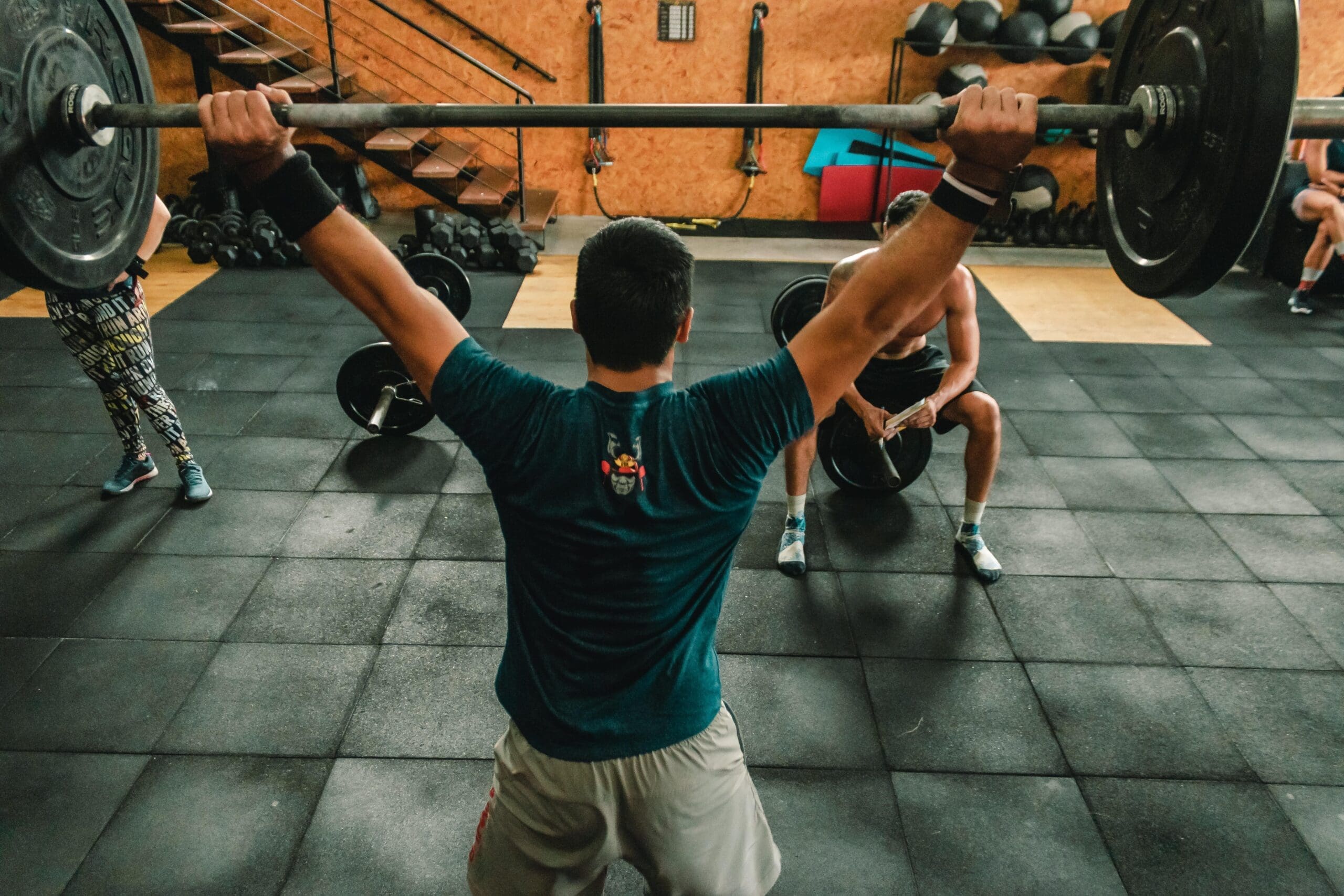You can either work smarter or harder, but when it comes to working out, the hard route can destroy your progress. Not only are you more likely to be tired, but you could suffer from overtraining. By paying attention to your body, you can get the most out of your workouts.
How to Get the Most Out of Your Workouts
To train at your best, you need to spend more time in the gym, and it would be great if your gym has a gym scheduling software so you could track your progress. A great diet, decent sleep, and a varied training regimen can do more for your body than strength training alone. You could also look into incorporating supplements from somewhere like this custom formulation supplement manufacturer into your day to give your body a little extra support where you feel you need it.
1. Take a Pre-Workout Supplement
Pre-workout is any supplement that boosts workout performance. Although pre-workout can’t stimulate muscle growth, it can give you the energy you need to boost your mental focus and endurance. Drinking a pre-workout shake before a workout can help you make the most of it.
So, how much pre-workout should you take in a day? To maximize performance, you should take 4-6 grams of pre-workout when you exercise. Going over isn’t recommended, especially when starting out. Otherwise, you’ll get a “pins and needles” feeling all over your skin.
2. Strength Train (But Switch it Up)
If you want to lose more fat, even when you’re not working out, start weight training. A Harvard study found that people who spent 20 minutes a day strength training gained less abdominal fat over 12 years compared to people who just performed cardio training. It pays to make gains!
At the same time, you can’t just perform the same strength exercises every single day. If you get bored, you’re less likely to stick with your routine. One way to avoid this and keep feeling the benefits is to perform multiple variations of the same activity, such as incorporating lateral raises into your workouts, which can help target different muscle fibres and improve overall muscle balance. This variety not only keeps your routine fresh and engaging but also leads to greater gains in strength and muscle development compared to sticking with the exact same movement for months on end.
3. Eat Carbs and Drink Water
There’s still a widespread fear of carbs in the fitness community, but you shouldn’t be afraid of what they can do for your body. Carbo-loading before a workout will fuel you through HIIT and other intense regimens. Eating toast or oatmeal before a jog can really help with training.
However, nothing matters more to your exercise routine than water. According to the University of North Carolina, most athletes show up to the gym dehydrated. If you drink enough water, you will reduce your recovery time and improve your overall health; a win-win for your body.
If you work out in the morning and find it difficult to eat or drink before training, start eating or drinking a little bit more each day. Your body will eventually adjust to this new habit.
4. Try Dynamic Stretching with Music
Warming up for a workout can be the most tedious aspect of any routine, but you need to do it to reduce injury. Instead of performing bend and hold stretches, which don’t really warm you up, switch to dynamic warmups that include jumping rope, jumping jacks, or jump squats.
While dynamic stretching will make your workout more fun, it’ll also increase blood flow and improve your range of motion. To really get into the groove, listen to music! Fast tempo music can put you in a lifting mindset, whereas slow music after exercise can help you recover faster.
5. Get a Good Night’s Sleep
No supplement in the world can account for lack of sleep, at least, not for long! Poor sleep hinders exercise performance, but it also reduces your ability to come back stronger after the fact. That’s because sleep drives hormonal shifts that are needed to help your body recover.
Adults need 7-9 hours of sleep a night to stay healthy, so treat bedtime like quality medicine. To become a high-performing athlete, you need rest. There’s no two ways about it. Unless you want to start missing multiple training sessions or hit fitness plateaus, make sleep a priority.





























